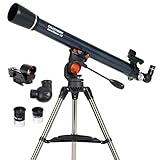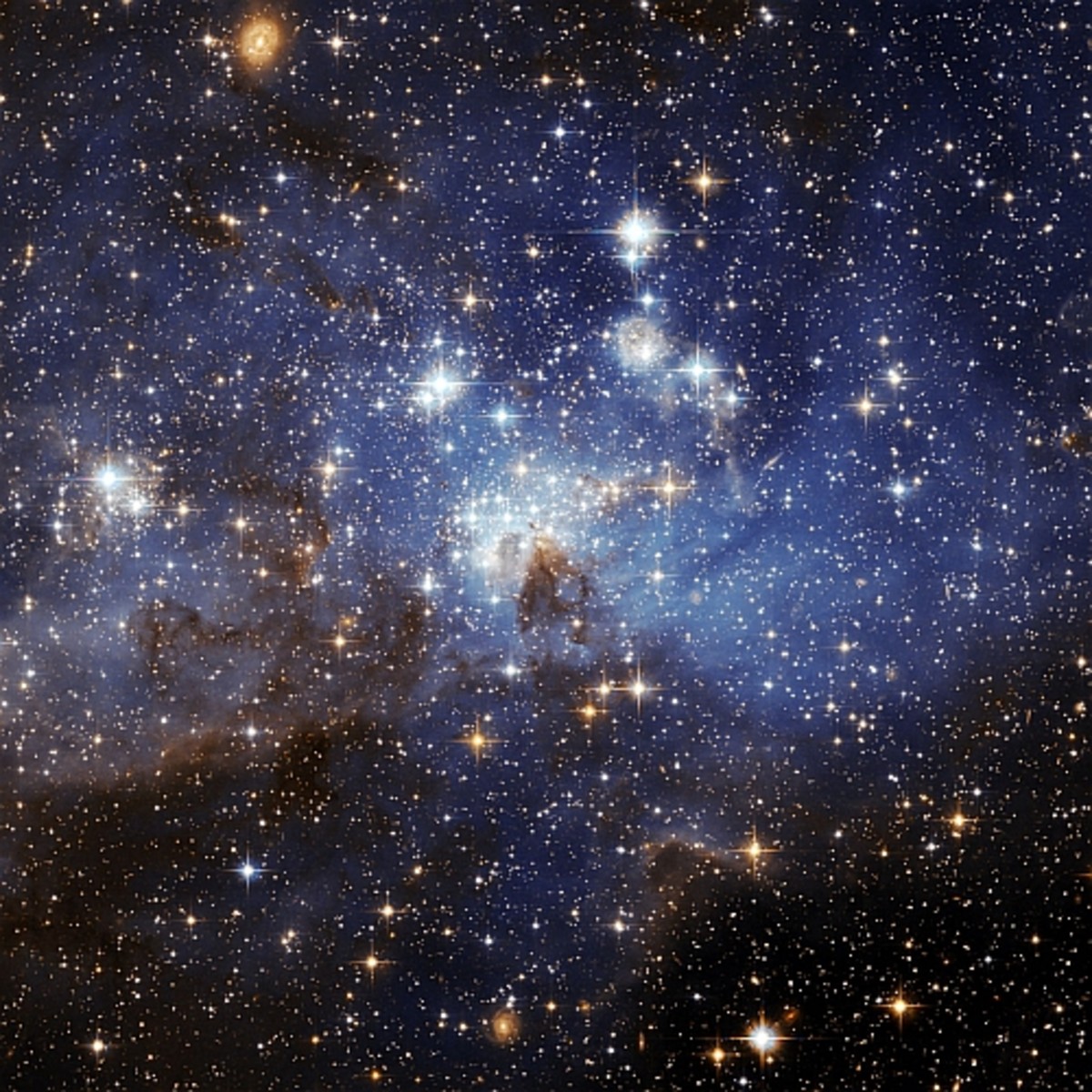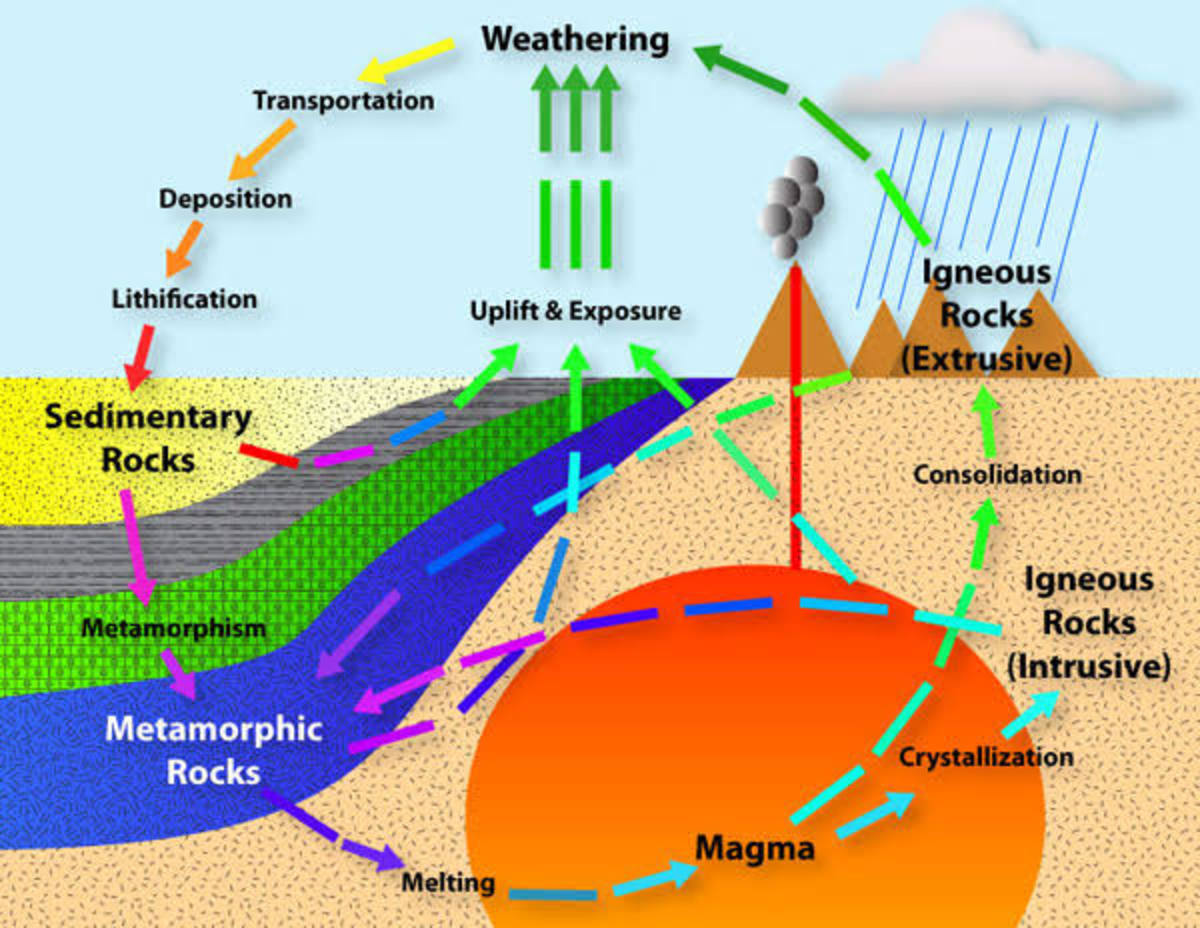Space Settlements - Spreading Life Throughout the Solar System
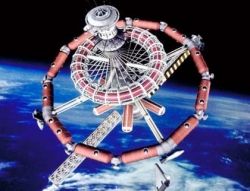
Humanity has the power to fill outer space with life. Today our solar system is filled with plasma, gas, dust, rock, and radiation -- but very little life; just a thin film around the third rock from the Sun. We can change that.
In the 1970's Princeton physicist Gerard O'Neill with the help of NASA Ames Research Center and Stanford University showed that we can build giant orbiting spaceships and live in them.
These orbital space colonies could be wonderful places to live; about the size of a California beach town and endowed with weightless recreation, fantastic views, freedom, elbow-room in spades, and great wealth. In time, we may see hundreds of thousands of orbital space settlements in our solar system alone. Building these settlements will be an evolutionary event in magnitude similar to, if not greater than, ocean-based Life's colonization of land half a billion years ago.

Pioneers at First, Billions of Ordinary People Later.
You. Or at least people a lot like you. Space settlements will be a place for ordinary people.
Presently, with few exceptions, only highly trained and carefully selected astronauts go to space. Space settlement needs inexpensive, safe launch systems to deliver thousands, perhaps millions, of people into orbit. If this seems unrealistic, note that a hundred and fifty years ago nobody had ever flown in an airplane, but today nearly 500 million people fly each year.
Some special groups might find space settlement particularly attractive: The handicapped could keep a settlement at zero-g to make wheelchairs and walkers unnecessary. Some religious groups might prefer to live away from "non-believers". Penal colonies might be created in orbit as they should be fairly escape proof. People who wish to experiment with very different social and political forms could get away from restrictive social norms.
Although some colonies may follow this model, it's reasonable to expect that the vast majority of space colonists will be ordinary people. Indeed, eventually most people in space settlements will be born there, and some day they may vastly exceed Earth's population. Based on the materials available, the human population in orbit could one day exceed ten trillion living in millions of space colonies with a combined living space hundreds of times the surface of the Earth.
A Space Settlement is a Home in Orbit.
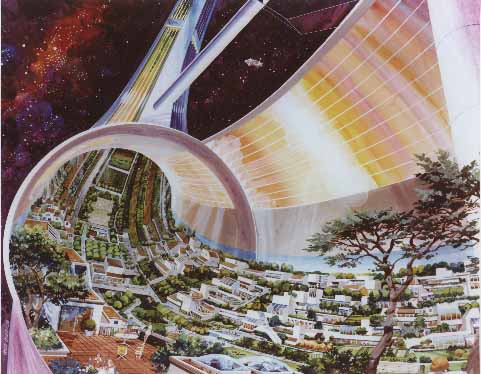
Rather than live on the outside of a planet, settlers will live on the inside of gigantic spacecraft. Typical space settlement designs are roughly one half to a few kilometers across. A few designs are much larger.
Settlements must be air tight to hold a breathable atmosphere, and must rotate to provide psuedo-gravity. Thus, people stand on the inide of the hull.
Enormous amounts of matter, probably lunar soil at first, must cover the settlements to protect inhabitants from radiation. On Earth our atmosphere does this job, but space settlements need about five tons of matter covering every square meter of a colony's hull to protect space settlers from cosmic rays and solar flares.
Each settlement must be an independent biosphere. All oxygen, water, wastes, and other materials must be recycled endlessly.
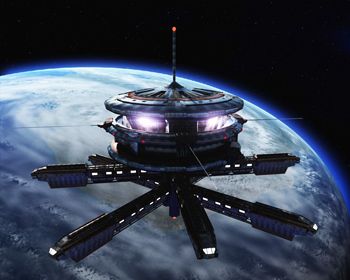
Why Build Space Settlements?
Why did life crawl out of the oceans and colonize land? Because living things want to grow and expand. We have the ability to live in space (see the bibliography), therefore we will -- but not this fiscal year.
The key advantage of space settlements is the ability to build new land, rather than take it from someone else. This allows a huge expansion of humanity without war or destruction of Earth's biosphere. The asteroids alone provide enough material to make new orbital land hundreds of times greater than the surface of the Earth, divided into millions of colonies. This land can easily support trillions of people.
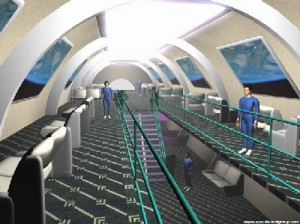
Space Hotel to Open in 2012
The Galactic Suite Space Resort plans to open the first hotel in space says it is on target to accept its first paying guests in 2012. The Barcelona-based project will cost guests 3 million euro ($4.9 million) for a three-night stay at the hotel, which includes an eight-week training course on a tropical island.
During their stay, guests would see the sun rise 15 times a day and travel around the world every 80 minutes. More than 200 people have expressed an interest in traveling to the space hotel and at least 43 people have already reserved. Galactic Suite Ltd's CEO Xavier Claramunt, a former aerospace engineer, said the project will put his company at the forefront of an infant industry with a huge future ahead of it, and forecast space travel will become common in the future.
Galactic Suite hopes to start its project with a single pod in orbit 450 km (280 miles) above the earth, traveling at 30,000 km per hour, with the capacity to hold four guests and two astronaut-pilots. "When the passengers arrive in the rocket, they will join it for 3 days, rocket and capsule. With this we create in the tourist a confidence that he hasn't been abandoned. After 3 days the passenger returns to the transport rocket and returns to earth," he said.
The numbers are similar for Virgin Galactic with 300 people already paid or signed up for the trip but unlike Branson, Galactic Suite say they will use Russian rockets to transport their guests into space from a spaceport to be built on an island in the Caribbean.
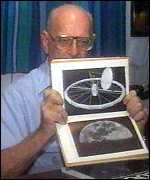
The space hotel might seem like a revolutionary idea but science fiction writer Arthur C Clarke came up with a similar structure in his 2001: A Space Odyssey.
He is in favour of the project. "A rotating space station as we showed in 2001 would give you artificial gravity, so you could walk around normally and having weight helps a lot when you're trying to pour liquids.
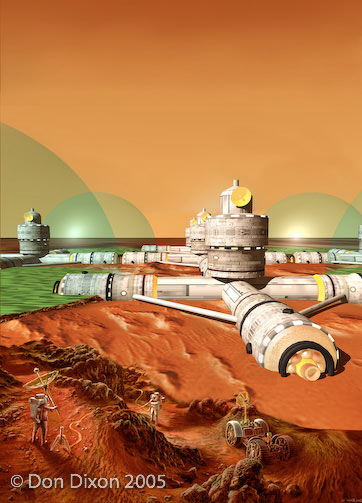
Why should we live in orbit rather than on a planet or moon?
Because orbit is far superior to the Moon and Mars for colonization, and other planets and moons are too hot, too far away, and/or have no solid surface.
For an alternate view, see Robert Zubrin's powerful case for Mars exploration and colonization. Mars' biggest advantage is that all the materials necessary for life may be found on Mars. While materials for orbital colonies must be imported from the Moon or Near Earth Objects (NEO's -- asteroids and comets), there are many advantages to orbital colonies.
The Case for Mars: The Plan to Settle the Red Planet and Why We Must
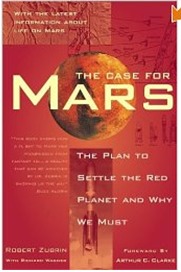
Robert Zubrin is a long-time advocate of space colonization and a former CEO of the National Space Society. He knows what he's talking about. "The Case for Mars" sets out the technological, economic, and -- most intriguingly -- political reasons for expanding human civilization off this planet. Zubrin's plans for terraforming Mars into a near-earthlike climate are the part of the book that has gotten the most attention. But his political rationale for Mars settlement -- that ultimately, freedom requires a frontier and the values that a frontier cultivates -- are the most inspirational part of the book from my perspective. An absolute must-read for space, or freedom, enthusiasts.

First Hotel In Outer Space Set To Open In 2012!
Space Station (IMAX)
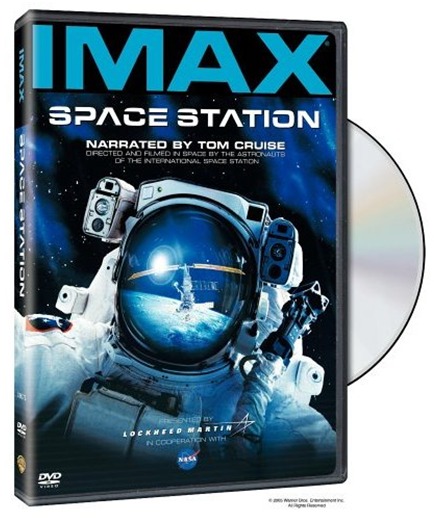
I saw this film twice in the IMAX theatre at the California Science Center in Los Angeles. It's absolutely phenomenal. The narration, camera work, direction and editing are very impressive. Some launch scenes will leave you scrambling for cover they are so real! Some shots of Earth from the Space Station are breathtaking. At times I felt as if I were there outside the Space Station looking down toward Earth. I strongly recommend it!

National Space Society shuttle arriving at the Aldrin Space Settlement.
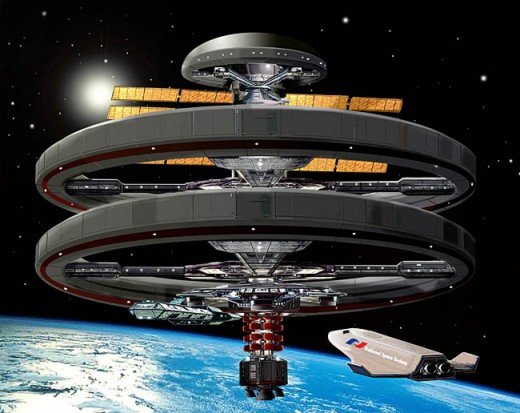



![From the Earth to the Moon - The Signature Edition [DVD]](https://m.media-amazon.com/images/I/51H5TEFXPRL._SL160_.jpg)

